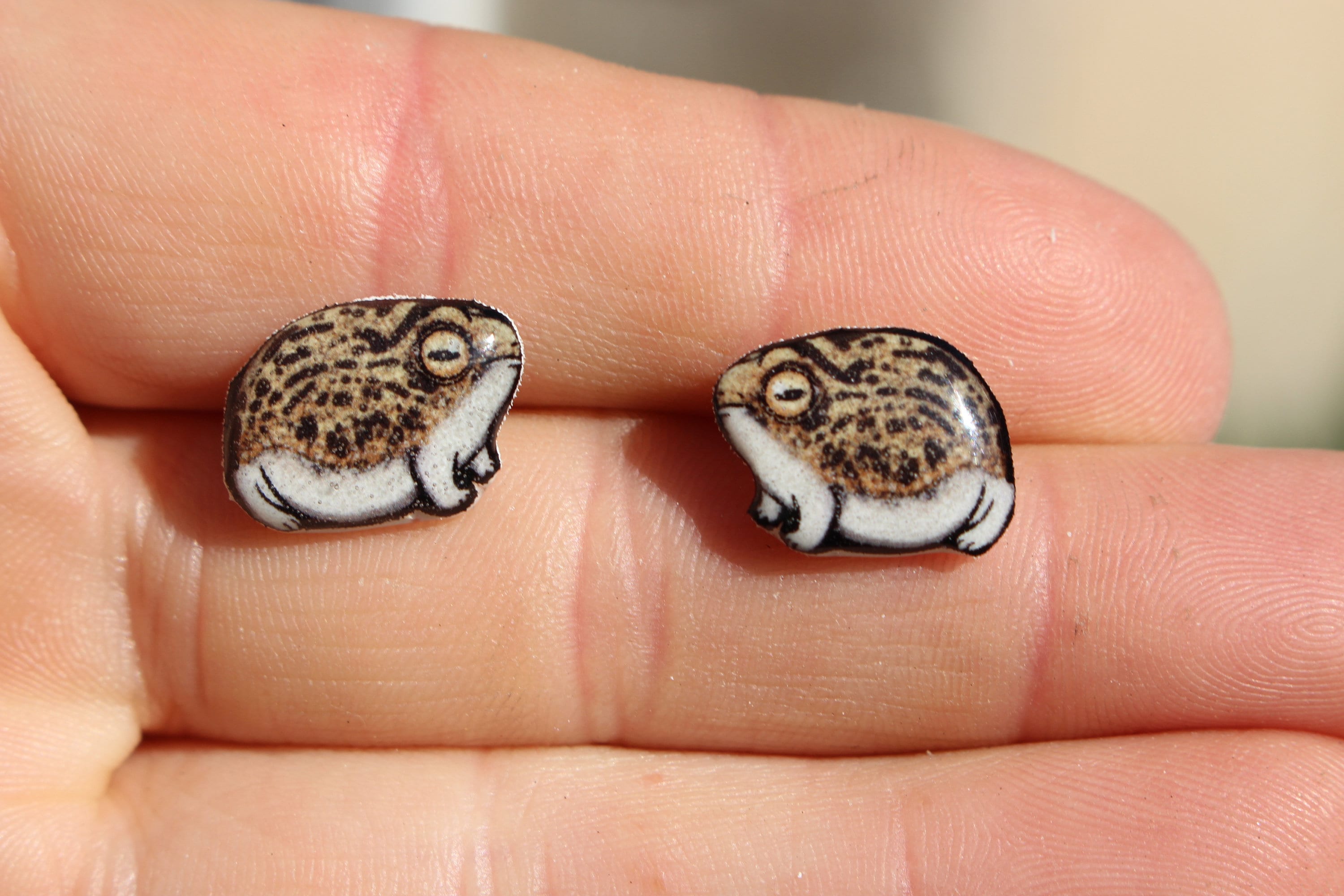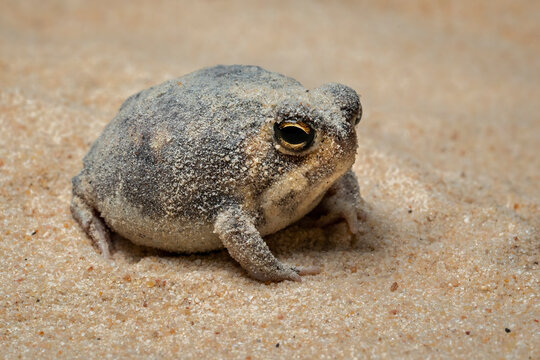Discover Your Perfect Rain Frog for Sale: Dive into the Globe of Exotic Amphibians!
Discover Your Perfect Rain Frog for Sale: Dive into the Globe of Exotic Amphibians!
Blog Article
Common Wellness Issues in Reptiles: Signs and Solutions
In the elaborate globe of reptile care, comprehending the usual health and wellness issues that might affect these one-of-a-kind animals is critical in guaranteeing their wellness. Whether it's grappling with parasitical infestations, browsing dehydration problems, or addressing skin ailments that materialize in subtle methods, being attuned to the signs and symptoms and geared up with the understanding of efficient services is vital for any reptile proprietor.
Breathing Infections
Respiratory system infections in reptiles can considerably influence their overall health and wellness and call for punctual attention from skilled veterinarians. These infections are commonly created by bacteria, fungi, or viruses and can materialize with signs such as hissing, nasal discharge, open-mouth breathing, and lethargy. In reptiles, respiratory infections can be especially testing to diagnose and treat as a result of their unique composition and physiology. Veterinarians typically count on a combination of health examinations, diagnostic imaging, and research laboratory examinations to precisely identify the underlying reason for the infection.
Treatment for respiratory system infections in reptiles normally entails a combination of helpful treatment, such as preserving proper humidity degrees and temperature gradients in the unit, along with targeted drug to deal with the particular virus responsible for the infection. It is crucial for reptile owners to monitor their pets very closely for any kind of indications of respiratory system distress and look for veterinary care at the earliest indication of an issue. With timely treatment and ideal treatment, numerous reptiles can recuperate totally from respiratory infections and resume normal activities.

Metabolic Bone Illness
What factors add to the development of Metabolic Bone Illness in reptiles?
Metabolic Bone Condition (MBD) in reptiles is mostly triggered by a lack of correct calcium, phosphorus, and vitamin D3 levels in their diet regimen. When reptiles do not receive ample calcium, either via their food or proper UVB direct exposure for vitamin D3 synthesis, they are at a high threat of establishing MBD. Reptiles with diet plans reduced in calcium or imbalanced calcium to phosphorus ratios are particularly vulnerable. Additionally, insufficient direct exposure to UVB light protects against reptiles from synthesizing vitamin D3, which is important for calcium absorption and bone health.
Not enough moisture degrees can also influence a reptile's ability to metabolize calcium effectively. Routine vet examinations, proper husbandry practices, and a well balanced diet are crucial to protect against Metabolic Bone Condition in reptiles.
Parasitic Problems
Parasitical infestations present a significant health and wellness danger to reptiles, affecting their general well-being and needing prompt vet attention. Reptiles can be impacted by different parasites, consisting of termites, ticks, internal worms, and protozoa. These parasites can trigger a variety of signs, such as weight reduction, sleepiness, skin irritability, looseness of the bowels, and also fatality if left neglected.
One common bloodsucker found in reptiles is the mite, which can create skin anxiety, anemia, and inflammation. Ticks are his explanation another exterior parasite that can send diseases and trigger pain to the reptile. Interior parasites like worms and protozoa can result in digestive problems, lack of nutrition, and damage the reptile's immune system.
To diagnose a parasitic infestation, a veterinarian may carry out fecal tests, skin scrapings, or blood tests. Therapy typically involves deworming medications, antiparasitic baths, or in serious instances, hospitalization. Preventative steps such as regular vet exams, appropriate hygiene, and quarantine procedures for new reptiles can help decrease the risk of parasitical invasions and ensure the wellness of reptile family pets.
Dehydration and Hydration Issues
Dehydration in reptiles can substantially affect their health and wellness, demanding timely intervention and proper hydration monitoring. Reptiles are prone to dehydration because of numerous aspects such as inadequate water consumption, high environmental temperatures, and particular wellness problems. Signs of dehydration in reptiles include sunken eyes, lethargy, loss of skin elasticity, and reduced peeing. If left unattended, dehydration can bring about severe health and wellness concerns and even be deadly to the reptile.
To avoid dehydration, reptile owners ought to guarantee that their family pets have accessibility to tidy water at all times. The water meal ought to be big enough for the reptile to soak in if needed, especially for varieties that absorb water with their skin. In addition, keeping appropriate humidity degrees in the reptile's unit and offering normal bathrooms can assist stop dehydration.
In cases of dehydration, it is essential to look for vet care promptly. A veterinarian may administer fluids either by mouth or via injections to rehydrate the reptile. It is necessary to resolve the underlying source of dehydration to stop recurrence and ensure the reptile's general wellness.
Skin Conditions

Verdict

Respiratory infections in reptiles can dramatically affect their overall health and wellness and need timely attention from seasoned vets (rain frog for sale). why not try here Preventative procedures such as regular veterinary exams, appropriate hygiene, and quarantine procedures for brand-new reptiles can assist reduce the threat of parasitic problems and make sure the well-being of reptile pets
If left neglected, dehydration can lead to serious wellness issues and even be deadly to the reptile.
Routinely checking your reptile for any adjustments in skin color, appearance, or look can aid in very early discovery and treatment of skin conditions, advertising the overall wellness and wellness of your scaly companion. - rain frog for sale
In verdict, reptiles are susceptible to various health issues such as breathing infections, metabolic bone disease, parasitical infestations, dehydration, and skin disorders.
Report this page